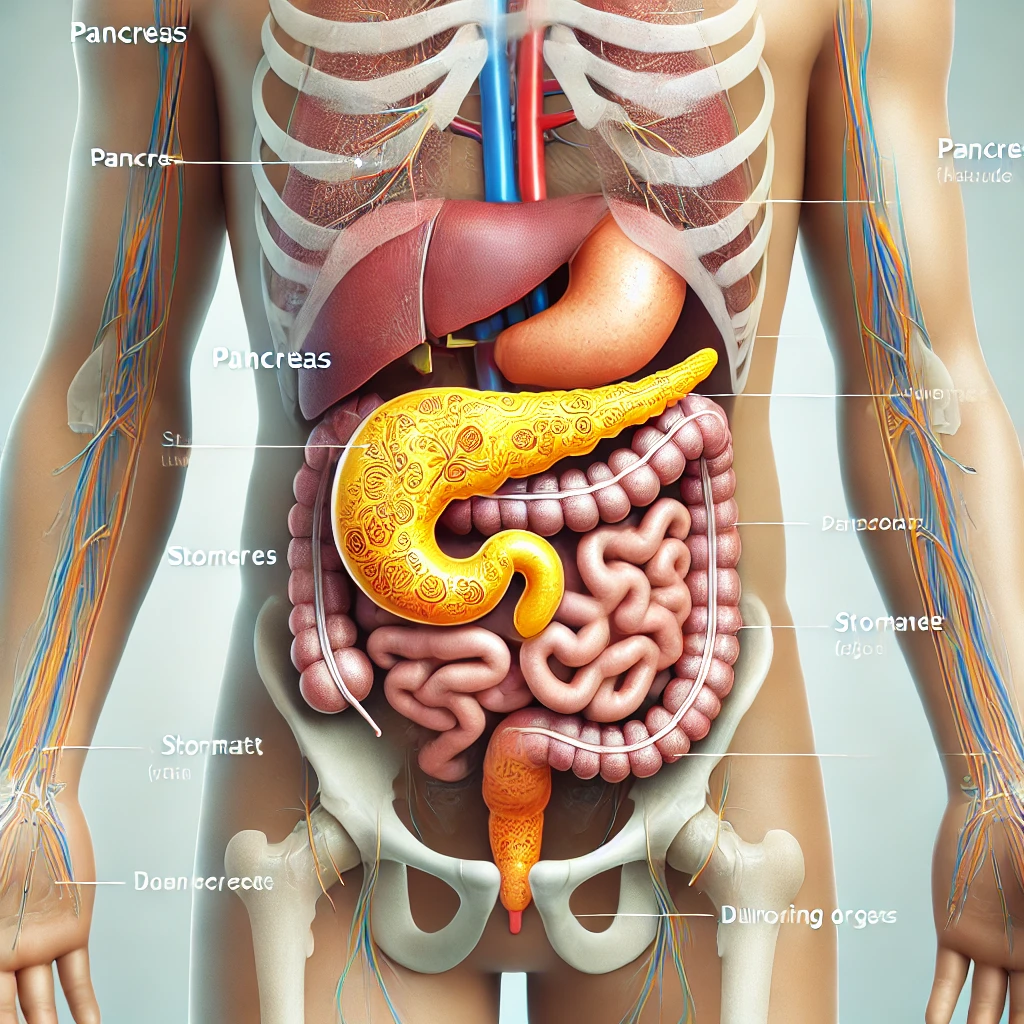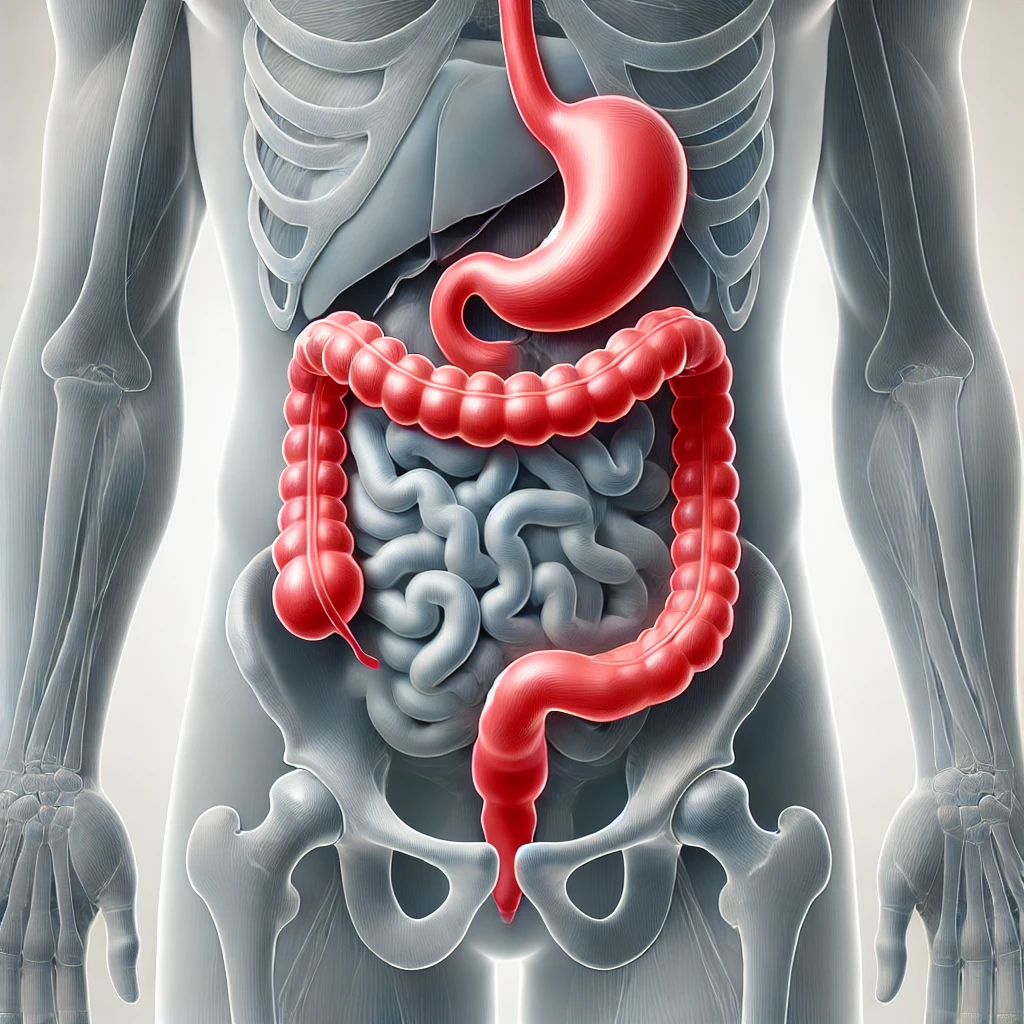Liver Cancer Symptoms and When to See a Doctor
Liver cancer often progresses silently, making early detection crucial for better outcomes. Understanding the symptoms of liver cancer and knowing when to seek medical advice can significantly improve survival rates. In this post, we’ll discuss… Liver Cancer Symptoms and When to See a Doctor


